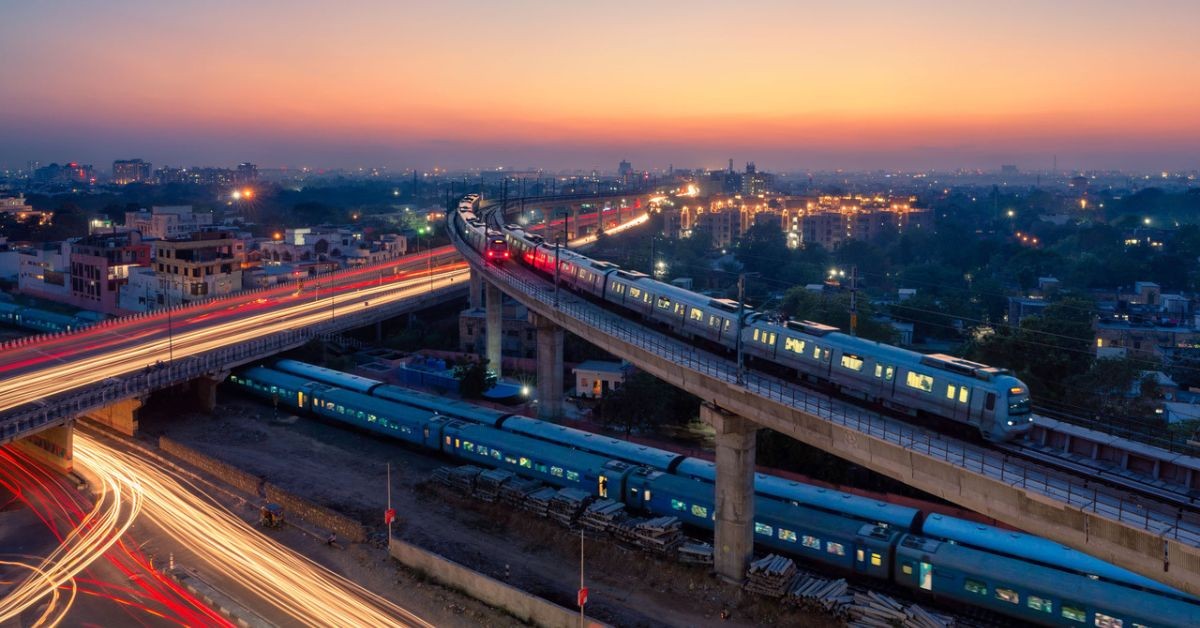India is planning to establish a federal Transport Planning Authority to coordinate infrastructure development across multiple sectors and eliminate inefficiencies caused by fragmented planning, according to people familiar with the proposal.
The new authority — expected to work closely with the Prime Minister’s Office — will bring together efforts in aviation, highways, shipping, railways, and urban transport, ensuring projects are aligned, financially viable, and delivered on schedule. Cabinet approval for the initiative is anticipated within three to six months.
As the world’s most populous country pushes toward its goal of becoming a developed nation by 2047, India is pouring tens of billions of dollars into new airports, expressways, metro lines, and ports. However, this rapid expansion has often led to underutilized assets, duplication of efforts, and cost overruns — issues the new body aims to resolve.
Inspired by international models such as Seoul’s Metropolitan Transport Commission and London’s Transport for London, the proposed authority will coordinate infrastructure investments across ministries and match project planning with real demand.
Despite the rollout of the PM Gati Shakti initiative in 2021 — designed to integrate data from 58 central departments and 36 states and Union Territories — officials say it largely remained a platform for project mapping and approvals rather than comprehensive planning. The new body will go further, focusing on project prioritization, cross-sector integration, and faster clearances.
India’s fragmented approach has led to several mismatches. Of the country’s 140 airports, a dozen handled no passengers between December and March, and over one-third operated fewer than five flights a day last year. Mumbai’s second airport, inaugurated this month after a 25-year gestation period, still lacks metro or rail connectivity because associated transport projects were planned separately.
Metro systems have also struggled to attract riders: Mumbai’s ridership is just 30% of forecasts, Bengaluru’s a mere 6%, and most others outside Delhi and Kolkata operate below 20% of projected capacity. The national auditor has repeatedly flagged these cases as examples of projects being built long before demand materialized.
By creating a unified Transport Planning Authority, the government hopes to replace siloed decision-making with coordinated, demand-driven planning — ensuring India’s infrastructure investments deliver both economic efficiency and public value.









